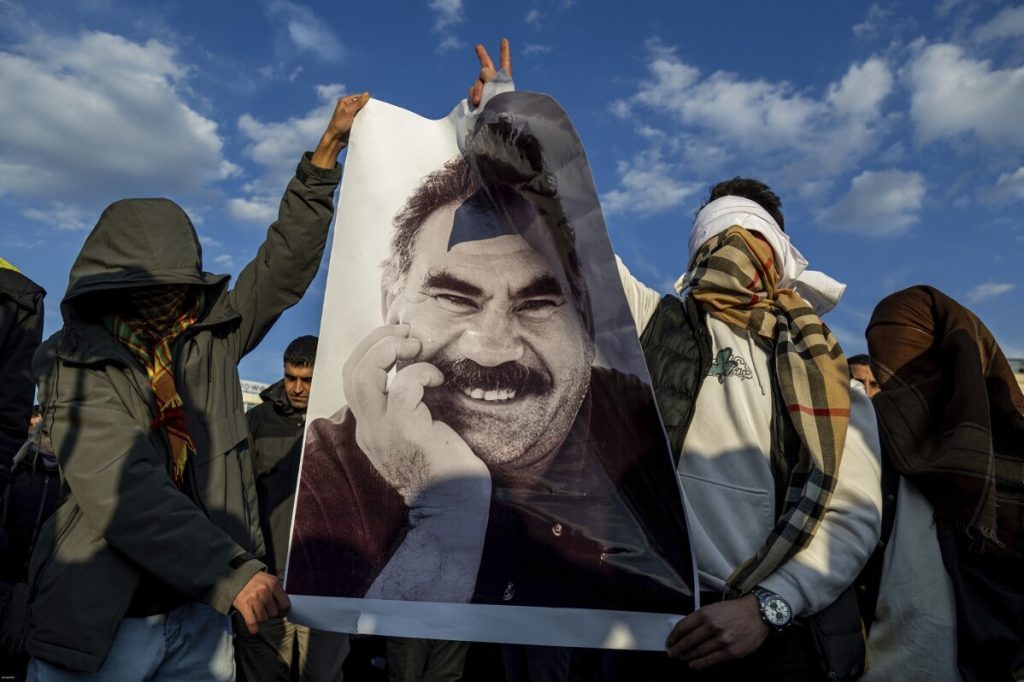Kurdish PKK Fighters Begin Disarmament in Northern Iraq Amid Ongoing Security Concerns
The PKK’s move to hand over weapons marks a tentative step toward peace but leaves many questions about Turkey’s security and U.S. interests unresolved.

The recent announcement by the Kurdistan Workers’ Party (PKK) that its fighters in northern Iraq will begin turning over weapons is being hailed as a breakthrough in a decades-long conflict. But beneath the surface, this so-called disarmament raises significant questions about the real impact on regional security, U.S. strategic interests, and America’s longstanding allies.
For more than four decades, the PKK has waged an insurgency centered mainly against Turkey, claiming thousands of lives and destabilizing the region. The group’s leader Abdullah Ocalan remains imprisoned since 1999 yet still calls the shots within this militant organization — underscoring how deeply entrenched this threat is.
While the disarmament ceremony planned for early July in Sulaymaniyah represents progress on paper, it involves only around 40 guerrilla fighters surrendering light weapons. This modest scale hardly signals a comprehensive end to PKK militancy or their operational capacity in northern Iraq.
Complex Regional Dynamics
Northern Iraq’s semi-autonomous Kurdish government is split between factions that have differing loyalties: The Kurdistan Democratic Party (KDP), which maintains strong ties with Ankara, and the Patriotic Union of Kurdistan (PUK), more sympathetic to the PKK cause. This factionalism complicates any genuine peace effort.
Turkey has faced persistent cross-border attacks from PKK bases in Iraq and has responded with military offensives and airstrikes, further inflaming tensions and causing displacement of local populations. Despite public statements from Turkish officials about imminent weapon handovers, Ankara’s silence following Thursday’s announcement suggests skepticism or tactical caution.
Implications for U.S. Policy and National Security
The United States must view these developments with measured scrutiny. The PKK is designated a terrorist organization by both Turkey and the U.S., and any negotiation shifting their status impacts American-Turkish relations—a key NATO alliance—alongside broader Middle East stability.
This partial disarmament should not lull policymakers into complacency regarding ongoing threats posed by Kurdish militants or regional instability caused by divided governance in Iraq’s Kurdish areas. A peace process built on fragmented gestures without enforceable guarantees could backfire, undermining counterterrorism efforts vital to U.S. interests.
The America First Perspective
From an America First viewpoint, protecting national sovereignty means supporting reliable allies who share our values against extremist groups intent on destabilization. While pursuing peace is commendable, it must come from a position of strength—not premature concessions that compromise our strategic objectives or reward militancy.
Americans should remain vigilant about developments affecting regional security dynamics because they ripple back home through global terrorism risks and alliances critical to U.S. defense posture.
Are we witnessing genuine peace progress or merely tactical repositioning by militants? Only time will tell—but Americans deserve transparency and firm policies ensuring homeland security above wishful thinking.
